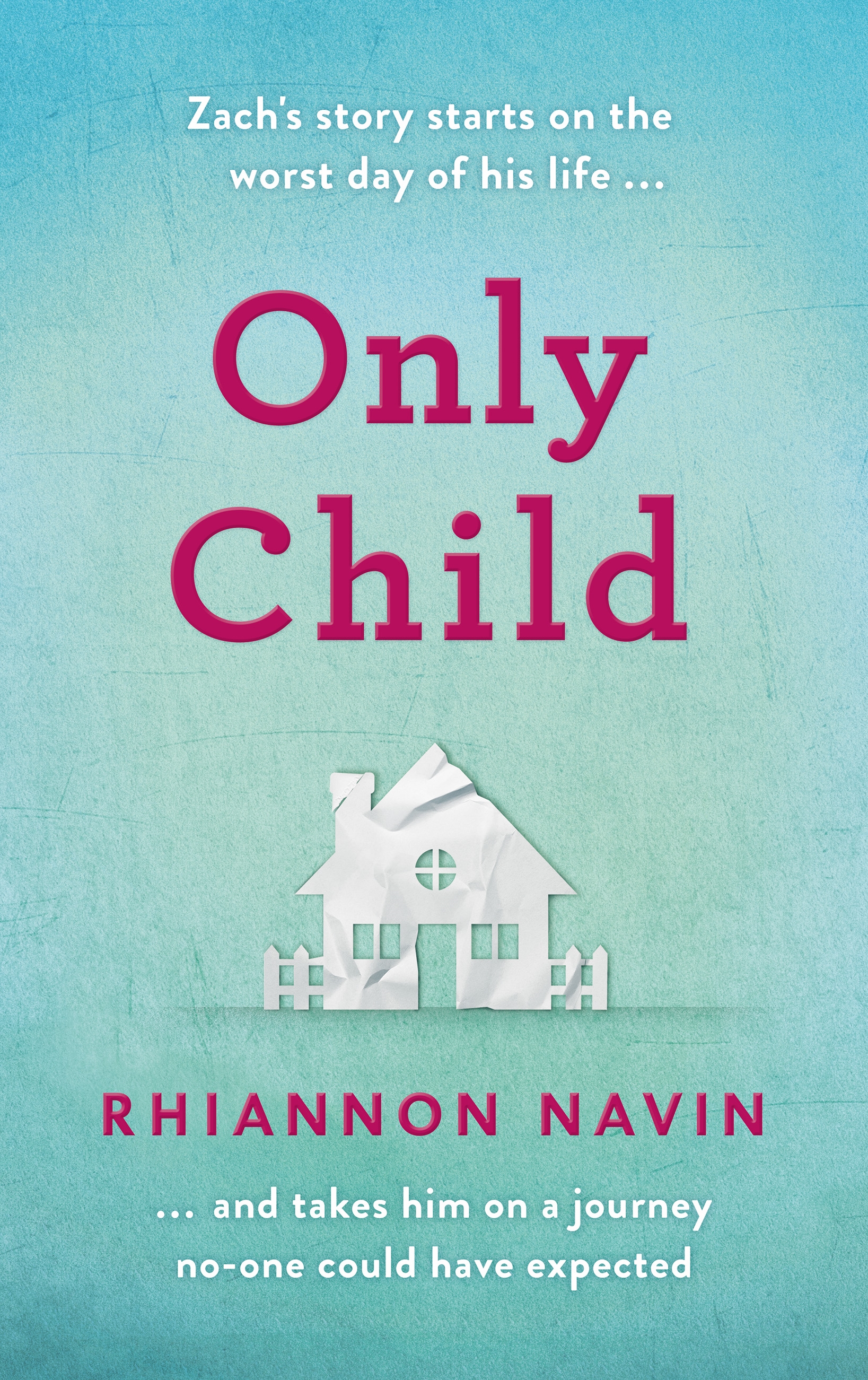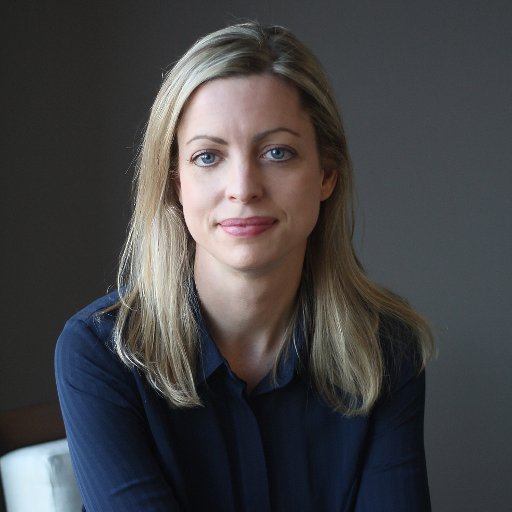Rhiannon Navin, author of Only Child, on taking the powerful decision to narrate her story through the eyes of a child...

I feel very fortunate that all three of my children share my love for books. As much as I love reading and getting sucked into a story, I love watching my children lose themselves in a book even more. The way they discover and interpret the stories they read is fascinating for me to watch. And generally speaking, watching my children observing the world around them and making sense of what they see—and often not making sense of what they see—is such a grounding and powerful experience.
The consideration of the importance of my children’s perspective is what ultimately gave rise to my story, ONLY CHILD. As did a very personal experience that really crushed me at the time: About two years ago, shortly after my twins Frankie and Garrett started kindergarten, they experienced their first lockdown drill at school. Here in the U.S., students as young as five years old and their teachers regularly have to practice hiding from a potential perpetrator. That same afternoon, I found Garrett hiding from the “bad guy” underneath our dining room table. He was petrified. And I couldn’t help wonder: What would it be like for him to experience an actual shooting? And how would he navigate what came afterwards? And so one day I sat down and wrote the opening scene of ONLY CHILD.
I wanted to write a story that would give an authentic, but unencumbered look at the devastating effect a horrific crime like a school shooting can have on those who are forced to live through it, and those who are left behind: the siblings, parents, family and friends. I chose the point of view of a young child deliberately because I believed it would offer a chance to tell the story in a way that wouldn’t be skewed or biased in any way. I didn’t want climb up onto my soapbox and shout out my views on gun control, but instead I wanted readers to come away with their own conclusions.

My six-year old protagonist, Zach, is a typical little boy. He loves trucks, art, and books. He’s a thinker, an observer; his wheels are always turning. Zach reminds me very much of my own son in that way. He takes in so much of what goes on around them. And he processes situations, emotions and information in such an innocent, yet often incredibly wise way. So, I put myself in his shoes and began to imagine the story.
While writing ONLY CHILD, I used my own kids as my focus group for how Zach might act or speak. In a way, the process of discovering Zach’s character and writing his story brought me closer to them because I paid more attention and watched them intently for clues: What are they thinking right now? How are they processing, expressing themselves? I call my kids by the wrong name all the time—even the cats’ and the dog’s names sometimes—and because I hung out with Zach so much while they were at school, I even called them Zach once or twice. They were very confused. In all seriousness though—it was heartbreaking to envision my own children living through such a terrifying situation, to imagine their terror.
It was an incredible experience to get to know Zach. It was amazing to watch him use the resources of a six-year-old boy to put himself, and eventually the adults in his life, on a path to recovery and healing. But writing from Zach’s point of view was challenging, too. I had to make sure he sounded authentic and believable, but at the same time his voice had to be compelling enough for adult readers to want to spend the entire three hundred pages with him without growing tired of hearing his voice. Another challenge was to get enough of the plot points and background information across to keep the story moving along without feeling forced or jammed in. Through Zach, the reader had to find out important information about the shooting and overhear enough interactions between the adults to understand what was going on beyond Zach’s little horizon.
My hope for my story is that I might be able to contribute to the conversation about gun control in a meaningful way. Perhaps living through the traumatic event of a school shooting and the painful aftermath together with Zach, experiencing it through his eyes will give some of my readers food for thought. I wanted highlighting the incredible wisdom our children possess. We usually think of us, the adults, as being the ones to teach our children about the ways this world works, whereas oftentimes, I think, it would do us good to pause and let our children guide us.
Author Rhiannon Navin grew up in Bremen, Germany, in a family of book-crazy women. Her career in advertising brought her to New York City, where she worked for several large agencies before becoming a full-time mother and writer. She now lives outside of New York City with her husband, three children, and two cats. Only Child is her first novel. You can follow Rhiannon on Twitter here or visit her website.
Comments